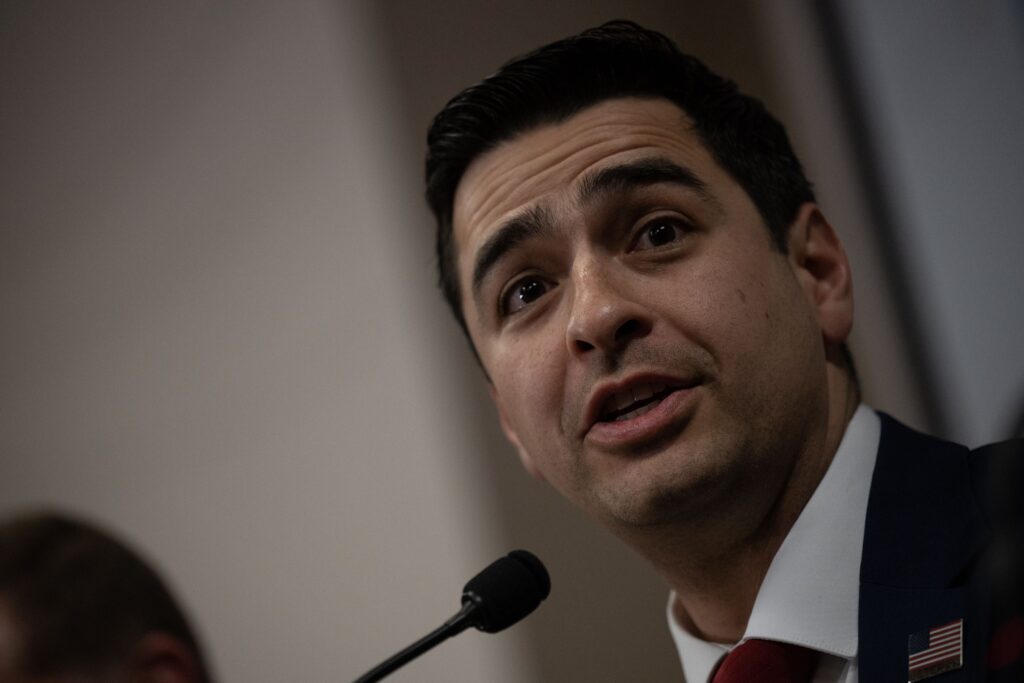Letter: Story about transgender teacher ignores contrary evidence
Editor:
Regarding the story about the transgender teacher in Denver, it appears that some of the reporting on this teacher is failing to look at a great deal of evidence in contention, leading many troubled people astray.
A report released by the National Academy of Science, Technology, Engineering and Medicine in April 2017 warned that many so called scientific studies are anything but that. The National Academy said “A growing body of evidence indicates that substantial percentages of published results in some fields are not reproducible.”
The National Academy went on to note that “this is a complex phenomenon and much remains to be learned. While a certain level of irreproducibility due to unknown variables or errors is a normal part of research, data falsification and detrimental research practices – such as inappropriate use of statistics or after-the-fact fitting of hypotheses to previously collected data – apparently also play a role. In addition, new forms of detrimental research practices are appearing, such as predatory journals that do little or no editorial review or quality control of papers while charging authors substantial fees. And the number of retractions of journal articles has increased, with a significant percentage of those retractions due to research misconduct. The report cautions, however, that this increase does not necessarily indicate that the incidence of misconduct is increasing, as more-vigilant scrutiny by the community may be a contributing factor.”
The Academy endorsed the definition of scientific misconduct proposed in an older, 1992 Academy report “Responsible Science: fabrication, falsification, or plagiarism in proposing, performing, or reporting research.”
“However,” the report continues, “many practices that have until now been categorized as ‘questionable’ research practices – for example, misleading use of statistics that falls short of falsification, and failure to retain research data – should be recognized as ‘detrimental’ research practices.
“Detrimental research practices should be understood to include not only actions of individual researchers but also irresponsible or abusive actions by research institutions and journals,” the report continues.
“The research process goes beyond the actions of individual researchers,” Robert Nerem said in the report. “Research institutions, journals, scientific societies, and other parts of the research enterprise all can act in ways that either support or undermine integrity in research.”
Richard AllenDenver, Colo.













